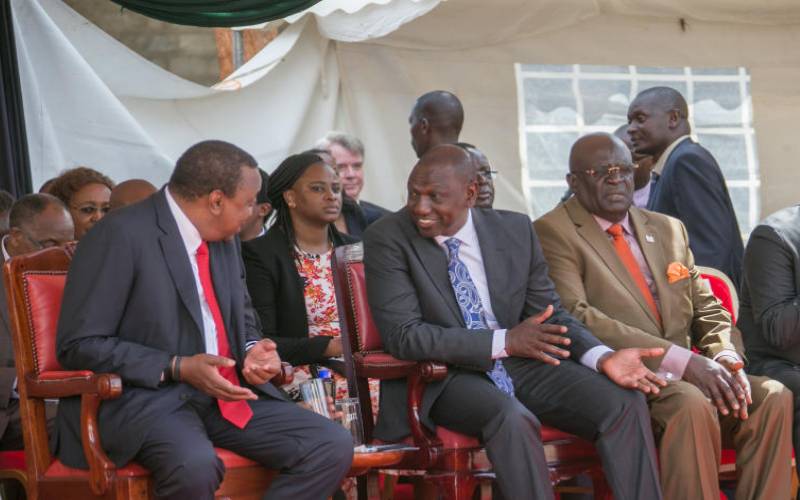×
The Standard e-Paper
Smart Minds Choose Us

If legacy were secured through political rhetoric, Jubilee’s place in the annals of history would surely be secured. When the Jubilee coalition took over office in 2013, it was easy to get lost in the moment; the breezy assumption was that a seemingly young pair of leaders would stake their lives on a great legacy. Legacy is secured through life-altering initiatives quite obvious even to the cynical eye.
What has Jubilee got to show for nearly 10 years in office and Sh15 trillion down?